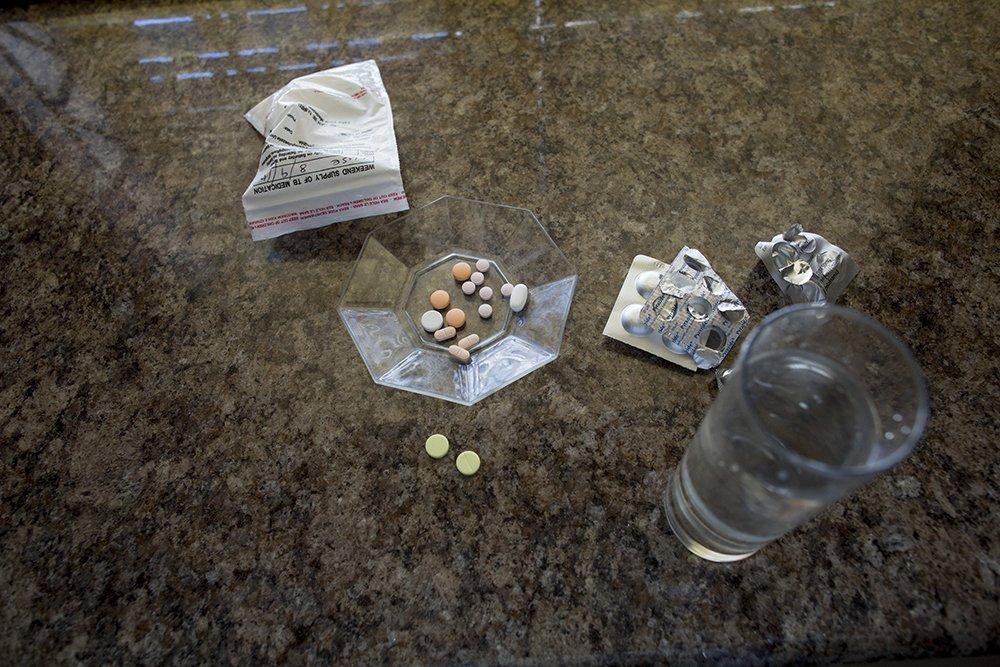“How is it possible that the world’s deadliest infectious disease is actually curable, but still killed nearly 1.7 million people last year? Year on year, we learn that there are more cases of drug-resistant (DR) forms of tuberculosis (TB), yet the diagnostic gap remains massive: Four in five people with DR-TB remain undiagnosed, and only half of those started on treatment are cured. Two newer drugs to treat DR-TB – bedaquiline and delamanid – have been available for five years and could help save more lives. However, less than 5 per cent of people who need the drugs actually receive them today, and there was no increase in coverage in 2016 compared to 2015.
MSF and the Stop TB Partnership’s Out of Step report* has found that, across the board, countries with the highest burden of TB fall far short when it comes to scaling up the best practices and tools recommended by the World Health Organization to finally start beating back this epidemic.
Next month in Moscow, the world’s health ministers will gather for the first-ever Global Ministerial Conference on Ending TB. In September 2018, on the sidelines of the United Nations General Assembly in New York, world leaders will have the chance to attend the UN High-Level Meeting on TB – also the first meeting of its kind. Could it be that TB is finally starting to get the global attention it deserves? We need to see serious commitment to start turning the tide on TB. High-burden countries need to step up to the plate and increase access to TB diagnosis and treatment, including newer treatments for DR-TB, and governments must prioritise efforts to develop new TB treatment regimens that work against all forms of TB. What are we waiting for?”
Dr Isaac Chikwanha, Medical Advisor for TB, HIV and Hepatitis C, MSF Access Campaign
*Out of Step 2017 is available at: https://www.msfaccess.org/outofstep2017
Read the full Global tuberculosis report 2017 from World Health Organisation.
